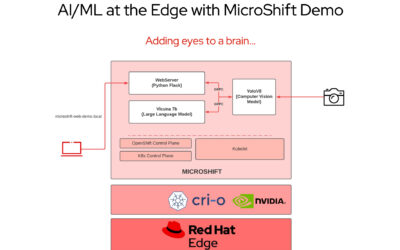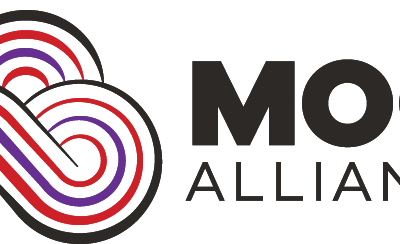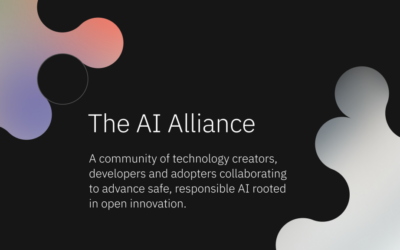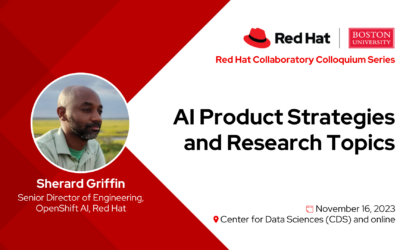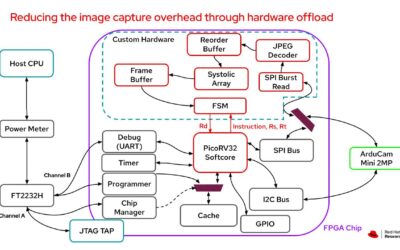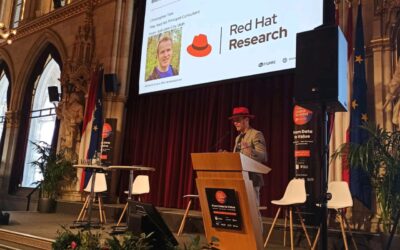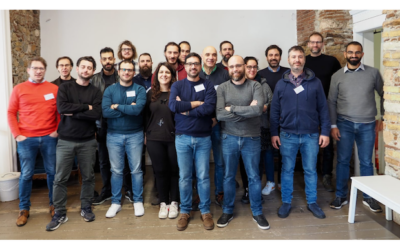Papers from two projects based at the Red Hat Collaboratory at Boston University have been recognized for excellence at preeminent research conferences. Both projects were recipients of the Red Hat Collaboratory 2022 and 2023 Research Incubation Awards. Details about these and all other projects at the Red Hat Collaboratory are available in the Red Hat Research project directory.
Scalable distributed systems
“SREP: out-of-band sync of transaction pools for large-scale blockchains” won the Best Paper award at the 2023 IEEE International Conference on Blockchain and Cryptocurrency (ICBC). The conference itself has a competitive acceptance rate of 18.5%. The paper’s authors are Novak Boškov, Sevval Simsek, Ari Trachtenberg, and David Starobinski, all of Boston University. SREP is an independent protocol that assists block propagation in large-scale blockchains. The team’s simulations demonstrated that SREP incurs only tens of gigabytes of overall bandwidth overhead to synchronize networks with 10,000 nodes, which is several times better than the current approach.
This paper resulted in part from the project “Intelligent Data Synchronization for Hybrid Clouds,” which aims to design configurable synchronization solutions on a common platform for a wide range of distributed systems, such as edge computing, databases, blockchains, and security configuration management. The research was also supported in part by the US National Science Foundation.
AI for automotive
“CaT: coaching a teachable student” was selected as a Highlight Paper at the 2023 IEEE/CVF Conference on Computer Vision and Pattern Recognition (CVPR). CVPR is a highly selective conference and the premier annual computer vision conference, with highlighted papers representing the top 2.6% of papers submitted. The paper’s authors are Jimuyan Zhang, Zanming Huang, and Eshed Ohn Bar, all of Boston University. The paper proposes a novel knowledge distillation framework for teaching an AI agent new skills from the supervision of a privileged AI teacher agent. The work demonstrates its effectiveness for sensorimotor navigation agents, surpassing prior state-of-the-art on an international autonomous driving leaderboard by over 20% while not leveraging expensive high-resolution LiDAR sensors (used in most baselines and a bottleneck to scalability in real-world systems).
The paper comes from the project “Co-Ops: collaborative open source and privacy-preserving training for learning to drive,” which is a continuation of the project “OSMOSIS: open source multi-organizational collaborative training for societal-scale AI systems.” Other members of the Co-op project team include Adam Smith and Ruizhao Zhu of Boston University and Erik Erlandson (Principal Software Engineer), Michael Clifford (Principal Data Scientist), Lance Galletti (Senior Software Engineer), and Sanjay Arora (Data Scientist) of Red Hat.

